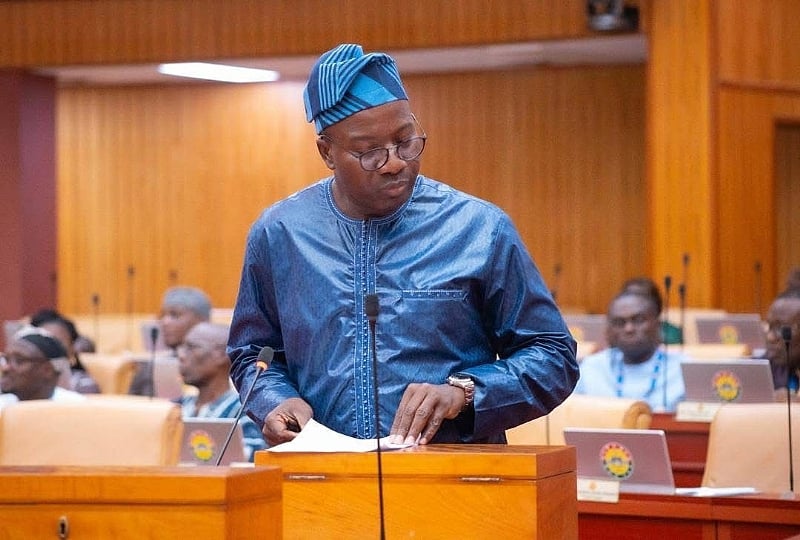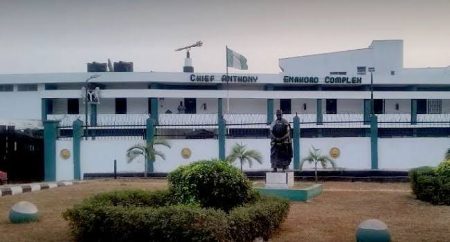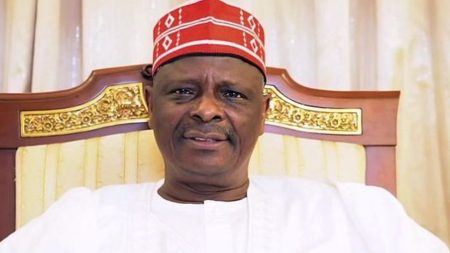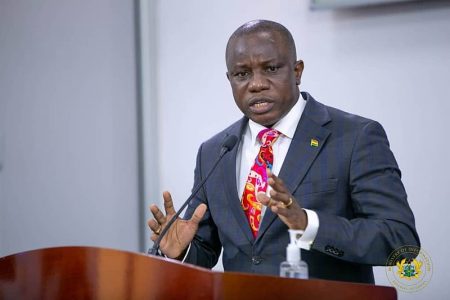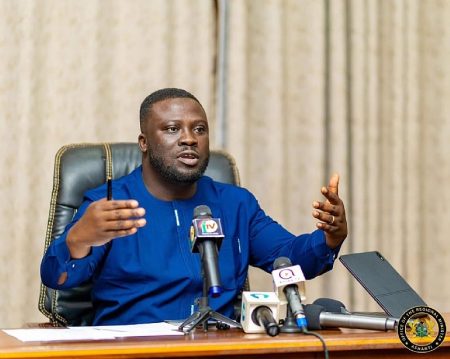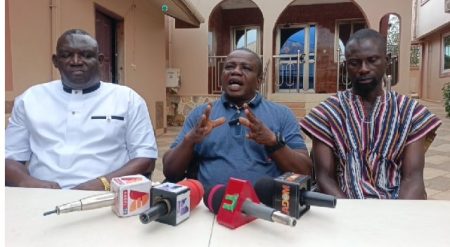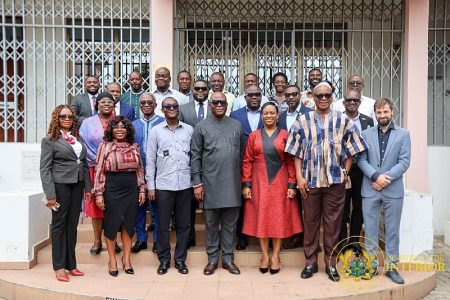The mid-year budget review presentation in Ghana’s Parliament was marked by a dramatic walkout by the Minority caucus, comprising members of the New Patriotic Party (NPP). Mahama Ayariga, the Majority Leader and MP for Bawku Central, strongly criticized this action, arguing that the NPP’s stated reasons for the boycott were a mere pretext to avoid confronting the positive strides made by the Mahama-led administration in addressing the economic challenges inherited from the NPP’s previous tenure. Ayariga contended that the Minority’s claim of protesting electoral violence lacked credibility, particularly in the context of a crucial national event like the mid-year budget review. He underscored the significance of the review for the well-being of all Ghanaians, implying that the NPP’s walkout was a dereliction of their parliamentary duty.
Ayariga’s critique centered on the NPP’s apprehension about the budget review exposing their alleged mismanagement of the economy. He asserted that the NPP MPs were aware that the review would highlight the “wastage, thievery, and mess” they had left behind, juxtaposed against the Mahama administration’s positive interventions over the past six months. He framed the walkout as a deliberate attempt to avoid this unfavorable comparison and evade accountability for their economic record. Ayariga’s forceful condemnation of the boycott painted the NPP as unwilling to face the consequences of their actions and acknowledge the current government’s achievements in stabilizing and improving the economic situation.
The NPP MPs, dressed in black, left the chamber just prior to Finance Minister Dr. Cassiel Ato Forson’s presentation. Their stated purpose was to deliver a petition to President John Dramani Mahama concerning electoral violence and illegal mining activities. However, Ayariga dismissed these reasons as insufficient justification for abandoning the budget review, a crucial parliamentary function. He highlighted the disconnect between the gravity of the issues raised by the NPP and their decision to boycott the budget review entirely, suggesting that their true motivation lay elsewhere.
The walkout effectively left the Majority caucus, representing the National Democratic Congress (NDC), as the sole participants in the budget review proceedings. This underscored the deep political divisions within the Ghanaian Parliament and the strained relationship between the ruling party and the opposition. The NPP’s absence also raised questions about the effectiveness of parliamentary processes and the ability of the two sides to engage in constructive dialogue on critical national issues.
The events surrounding the mid-year budget review highlight the complex interplay of politics and economics in Ghana. The NPP’s decision to boycott the review can be interpreted through various lenses. On one hand, it could be seen as a legitimate form of protest against issues they deem crucial, such as electoral violence and illegal mining. On the other hand, as Ayariga argued, it could be construed as a strategic maneuver to avoid scrutiny of their past economic performance and to deflect attention from the current government’s achievements.
Regardless of the underlying motives, the NPP’s walkout undoubtedly created a significant political spectacle. It served to draw public attention to their grievances while simultaneously raising questions about their commitment to parliamentary processes and their willingness to engage constructively with the ruling party. The incident also underscores the challenges facing Ghanaian democracy, particularly the need for greater dialogue and cooperation between opposing political factions to address the nation’s economic and social challenges effectively. The divergent narratives surrounding the walkout further emphasize the importance of independent analysis and critical evaluation of political actions to gain a nuanced understanding of the complex realities of Ghanaian politics.





